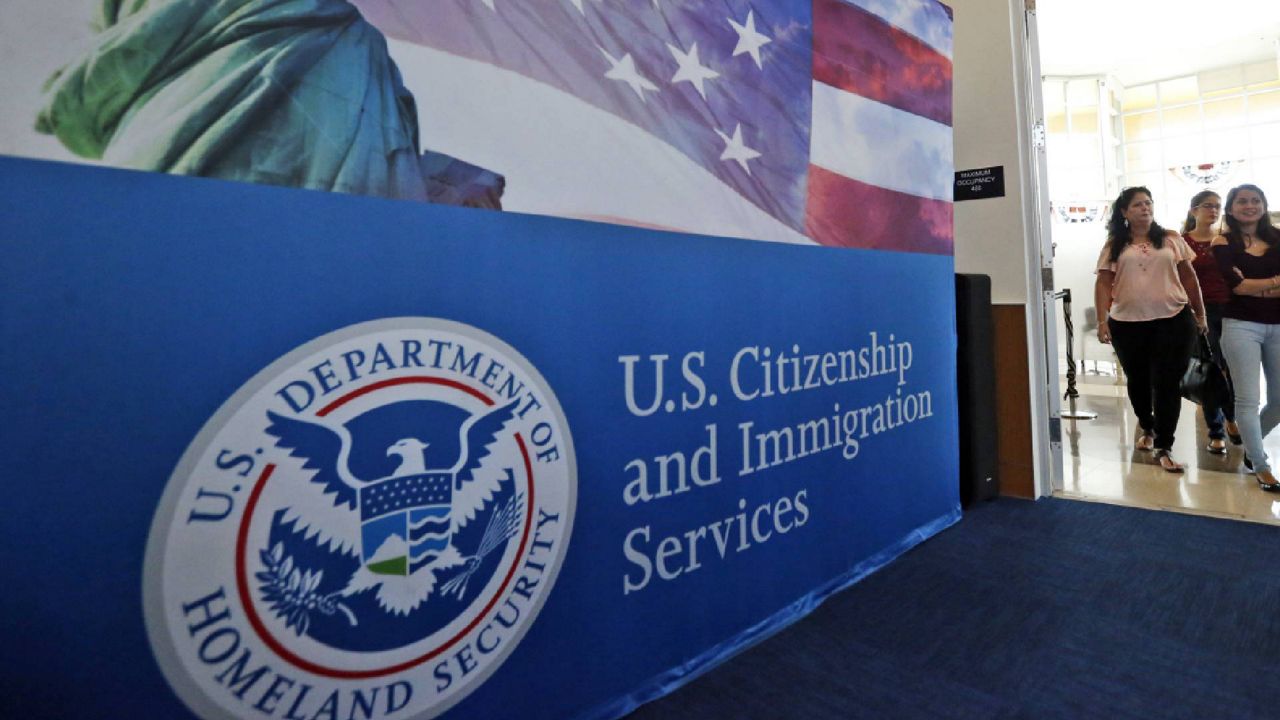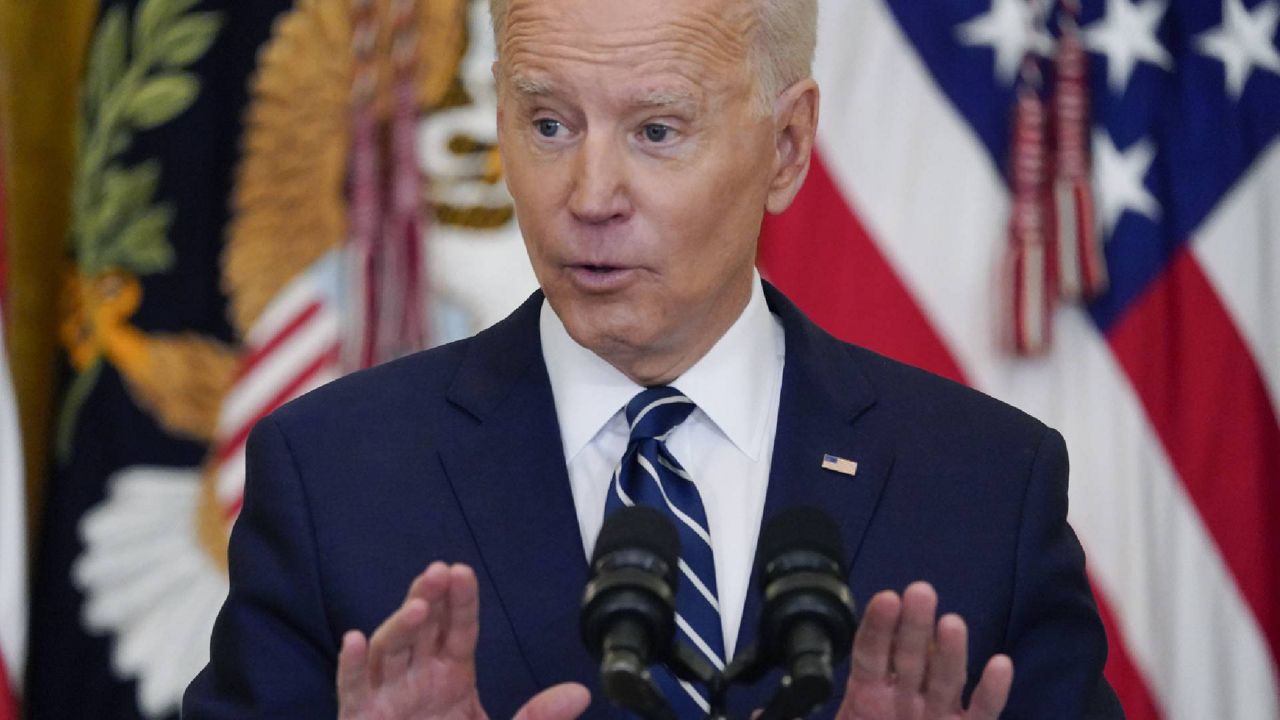The Biden administration has ended a policy that allowed the U.S. to reject certain visa applications for any blank space on the form – even if that space didn’t apply to the person – a policy that led to thousands of rejections for otherwise qualified migrants.
The “rejection” or “no blanks” policy was quietly implemented by the Trump administration in late 2019, and it applied to both asylum applications and U visas, which are set aside for victims or witnesses of a crime.
The policy was one of dozens of barely-publicized changes in immigration procedure under President Donald Trump that often upended the filing system and left migrants and immigration lawyers to adapt on the fly.
Two blank spaces on an application form delayed the process for nearly a year for one man represented by Gina Amato Lough, a senior attorney at Public Counsel. The man – who asked not to be identified – still hasn’t received his visa to this day, despite being the victim of a crime and therefore eligible for a U visa.
Amato Lough accidentally left blank two spaces on the form meant for the middle names of his children, who are U.S. citizens. Everything else was complete, including a key document from law enforcement.
"Had I noticed those blanks, I would have put an 'N/A' in it, but I just inadvertently left it out," Lough told Spectrum News.
By the time she received word of the rejection two months later, the required document from law enforcement had expired, and it took six months to get a new one.
“I was incredibly upset and emotional, because we have been battling just constant policy changes and changes in practice and policy for the entire four years of the Trump administration.” she said.
Under the policy, applicants or their lawyers were told to put "none," "unknown," or "n/a" in every space on the form that didn’t apply to them, instead of leaving it blank.
"It's really difficult to keep up with all the many, daily changes to our practice," Amato Lough said.
As of last spring, at least 12,000 U visas had been rejected for blank spaces on an application, according to an attorney with the Northwest Immigrant Rights Project, which is one of the groups challenging the policy in court. But he estimated that many thousands more asylum applications have met the same roadblock.
The Biden administration officially rescinded the "no blanks" policy by updating guidance on the U.S. Citizenship and Immigration Services website in late January, a spokesperson confirmed to Spectrum News this week.
But it’s just one of hundreds of little-noticed changes to immigration policy made under Trump that will take time for the Biden administration to review. A group at Yale and Stanford law schools has begun tracking those policy shifts on a new website.
Now, immigrant rights groups challenging the “no blanks” policy are hoping their court fight will push the administration to honor the original filing date for the thousands of applications that were rejected.
"We always thought it was such a crazy policy, just the arbitrary results," said Matt Adams, Legal Director at the Northwest Immigrant Rights Project, one of the groups suing USCIS.
"I'm hopeful that we can continue to work with him to reverse what was just this horrific, Kafkaesque design to impede people from moving forward with applying for lawful status," Adams added.
In the meantime, Adams said they’ve recently seen hundreds of green card applications rejected because of blank spaces, which could mean the policy is still being applied to different forms. He hopes the administration will look into those denials, too.
"We think there’s still more that needs to be done," he said.
Amato Lough's client is still waiting for his visa after resubmitting in November, when his application was then misplaced at the processing center. As of mid-February, she hasn't gotten an official confirmation that it was received by immigration services.
USCIS has updated its guidance to employees that review U visa and asylum applications, telling them only to reject applications if they’re missing key information, such as a person’s first or last name, address, birth date and signature. Still, the agency encourages migrants and lawyers to make applications as complete as possible.
"Complete applications ensure that USCIS adjudicators can confirm identities, immigration and criminal history, and determine eligibility without delays caused by follow up requests," USCIS spokesperson Anita Moore told Spectrum News.







